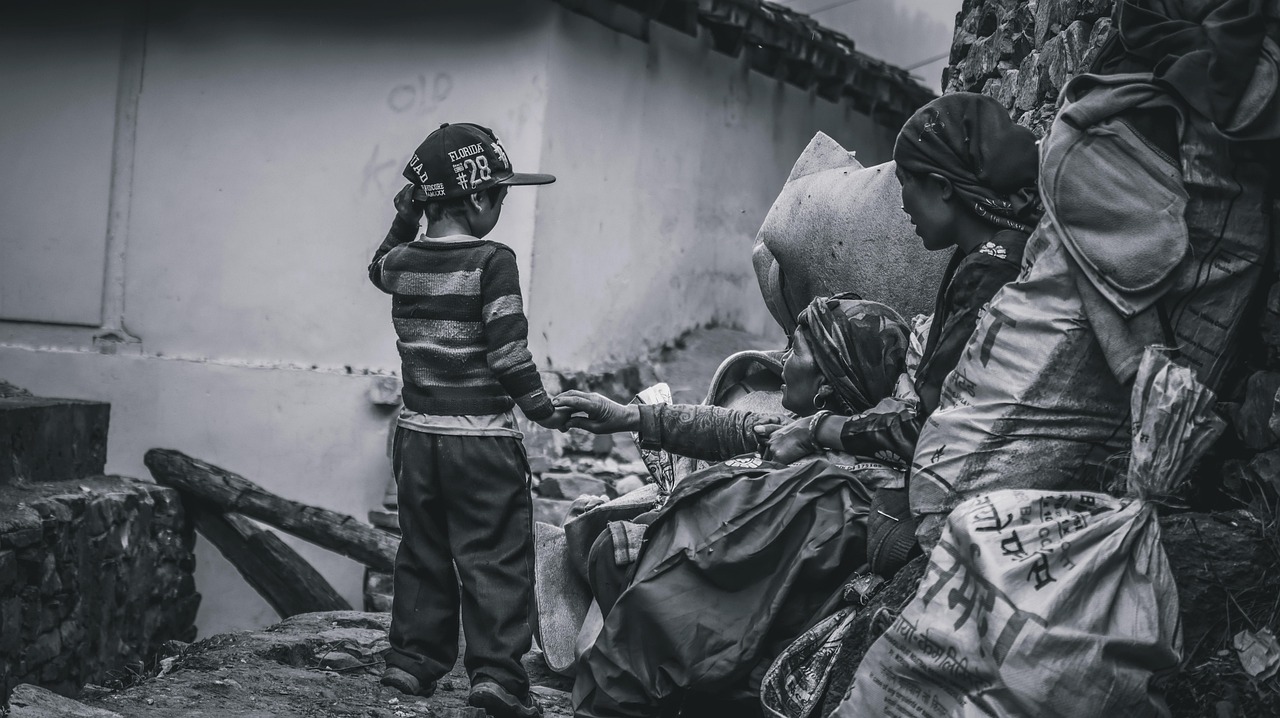Context and Issue
Conflict and instability in Eastern Myanmar have led to widespread displacement of people within Myanmar and into neighboring Thailand, disrupting basic services, including education. This has resulted in chronic funding shortages for education in affected communities and significant obstacles to children's educational success. Many children across Myanmar and Thailand still lack access to education that meets basic standards of availability, accessibility, acceptability, and adaptability.
Solution
The ACCESS project addresses these educational barriers in three key communities: Eastern Myanmar, refugee camps in Thailand, and migrant communities in Bangkok and Mae Sot, Thailand. Implemented by EAC and STC, the project aims to reverse the educational crisis by fostering interest in and demand for education within these communities. Activities include raising awareness about available educational opportunities, identifying and enrolling out-of-school children (OOSC) in formal education, and involving parents and communities in educational development and delivery. The project also enhances education supply and access by providing financial assistance to families to cover education costs, conducting teacher training on quality instruction and classroom management, subsidizing teacher salaries, supplying learning materials and supplies, and supporting school system management and leadership. STC also works to integrate children into Thailand's public education system when feasible.
Impact
Save the Children (SC) implemented the ACCESS project primarily through sub-awards with four implementing partners: Karen Teacher Working Group (KTWG), Right to Play (RTP), Foundation for Rural Youth (FRY), and Help Without Frontiers (HWF). SC reported above-target results for all implemented activities, including parent education workshops, teacher training, salary subsidies for community teachers, distribution of learning materials, and training of school committee members. Additionally, scholarships were provided to nearly 10,000 OOSC from financially constrained families, covering tuition fees and learning materials.












